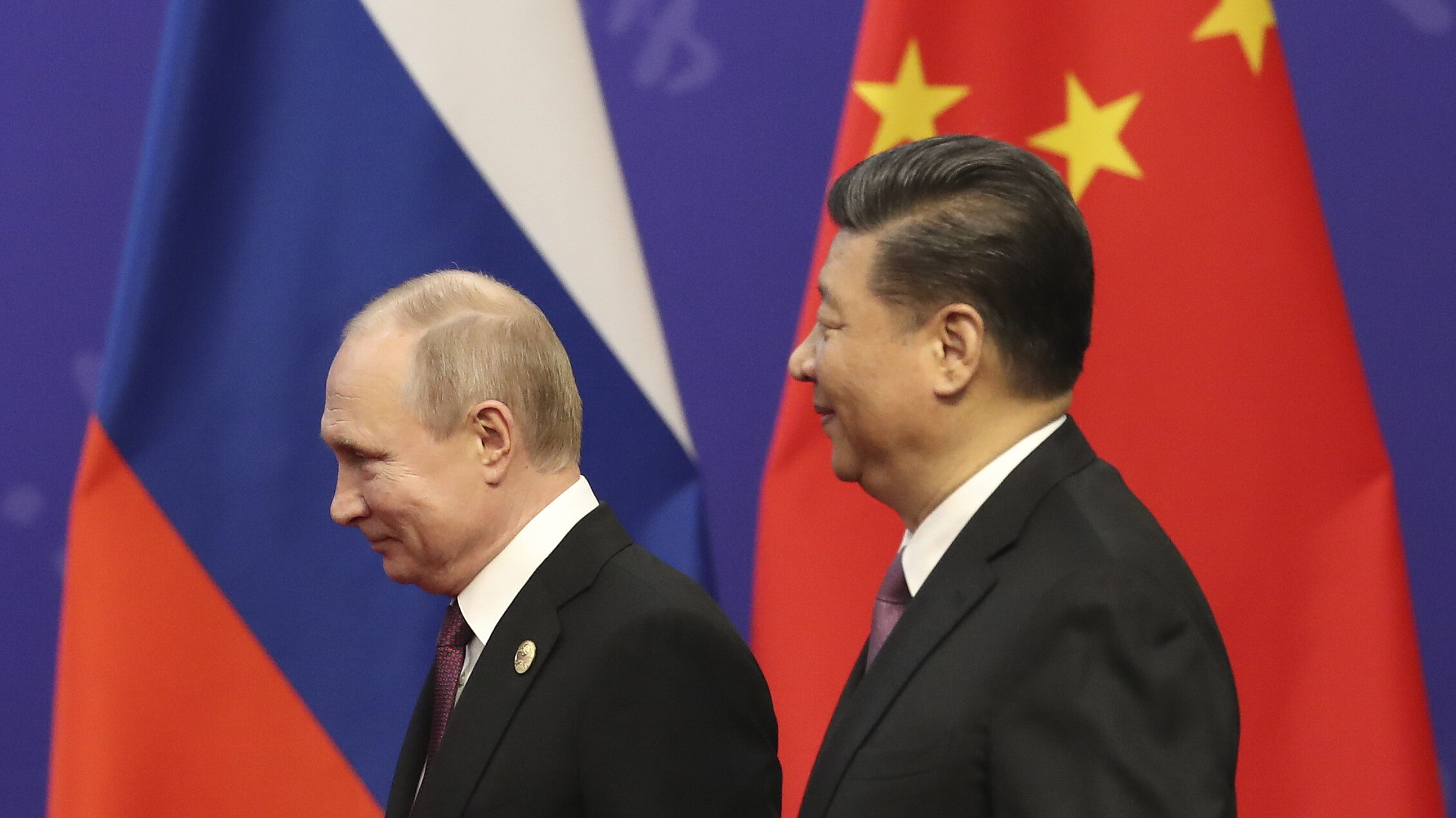COLIN CLARK

SYDNEY — It’s very difficult to read the tea leaves of how China will react to the Wagner Group’s surprisingly fast — if unsuccessful — strike against Vladimir Putin’s regime, but two things seem clear, according to China experts: Xi Jinping is likely to hedge his bets in dealings with Russia, but he’ll maintain the facade of close relations while global stability will be his top priority.
“China has invested much in the ‘unlimited partnership‘ with Russia,” noted Malcolm Davis of the Australian Strategic Policy Institute in an email, “and so the concern of Beijing would be how that partnership would be affected if a new hardline nationalist leader replaced Putin. The second concern would be about Russian stability in coming weeks and months, especially if Putin is weakened. This insurrection by [Wagner chief Yevgeny] Prigozhin failed, but what about a future insurrection by a different figure? The possibility of a Russian civil war, or a fragmentation is no longer off the radar.”
While China, of course, fears nothing more than a so-called color revolution at home, it’s unclear how different a Russia ruled by Yevgeny Prigozhin or his cronies would have been from one ruled by Putin. But the threat of instability could be enough to give Beijing pause.
“We can’t know for sure” how China will react, said Meia Nouwens, China expert at the International Institute for Strategic Studies. “It depends on Beijing’s view of the risk vs. reward of supporting Russia. I don’t think this will convince China to risk secondary sanctions by providing Russia with lethal aid.”
Much of China’s reaction may have little to do with Russia, because, as the IISS expert notes, “China will continue to see the bilateral relationship through the lens of US-China relations.”
She pointed out that China’s Sunday readout after a meeting in Beijing between China’s Deputy Foreign Minister Ma Zhaoxu and Russian Deputy Foreign Minister Andrei Rudenko didn’t even mention the Russian events over the weekend. However, the Russian Foreign Ministry went to some lengths to speak for the Chinese, saying: “The Chinese side expressed support for the efforts of the leadership of the Russian Federation to stabilize the situation in the country in connection with the events of June 24, and reaffirmed its interest in strengthening the unity and further prosperity of Russia.”
On Monday, the Chinese Foreign Ministry briefly indicated it was still behind Putin, calling Russia a “friendly neighbor and comprehensive strategic partner of coordination for the new era.”
Nouwens said that “China above all would like to see stability. It’s becoming increasingly apparent that China would like this war to end as soon as possible, but instability in Russia would not be to China’s advantage.”
Part of China’s limited response may be because they were caught unawares by the Wagner group’s move on Moscow. “While the US government has stated that they had some information that suggested something was going to happen over the weekend, it doesn’t appear the Chinese may have had the same level of insight. This begs the question how clear a picture China actually has on Russia’s domestic situation,” Nouwens said.
China does not have private military companies that operate as independent elements of the state, and Nouwens said private security companies there are governed internally by “clear regulations.” Those security companies also do not have the extensive combat experience that the Wagner Group did. So the threat of a similar uprising in Asia’s largest nation is remote. But the attempt to move on Moscow is likely to “cement Beijing’s view that power must be centralized, and that the Party must control the gun. The CCP has been working to achieve that since Xi came to power.”
The long-term question for China appears to be the same that’s on the minds of observers the world over: Can Vladimir Putin hold on to power?
“I think the bigger issue for China is the implication that Putin is on much more shaky ground now than before, and the Chinese will be thinking of implications and options if Putin is removed from power by those around him,” Davis said. “Obviously with Russia being a nuclear-armed state, that has huge implications, if the current weakness of the Putin regime leads to further instability, the risk of conflict and the potential for fragmentation.”
No comments:
Post a Comment